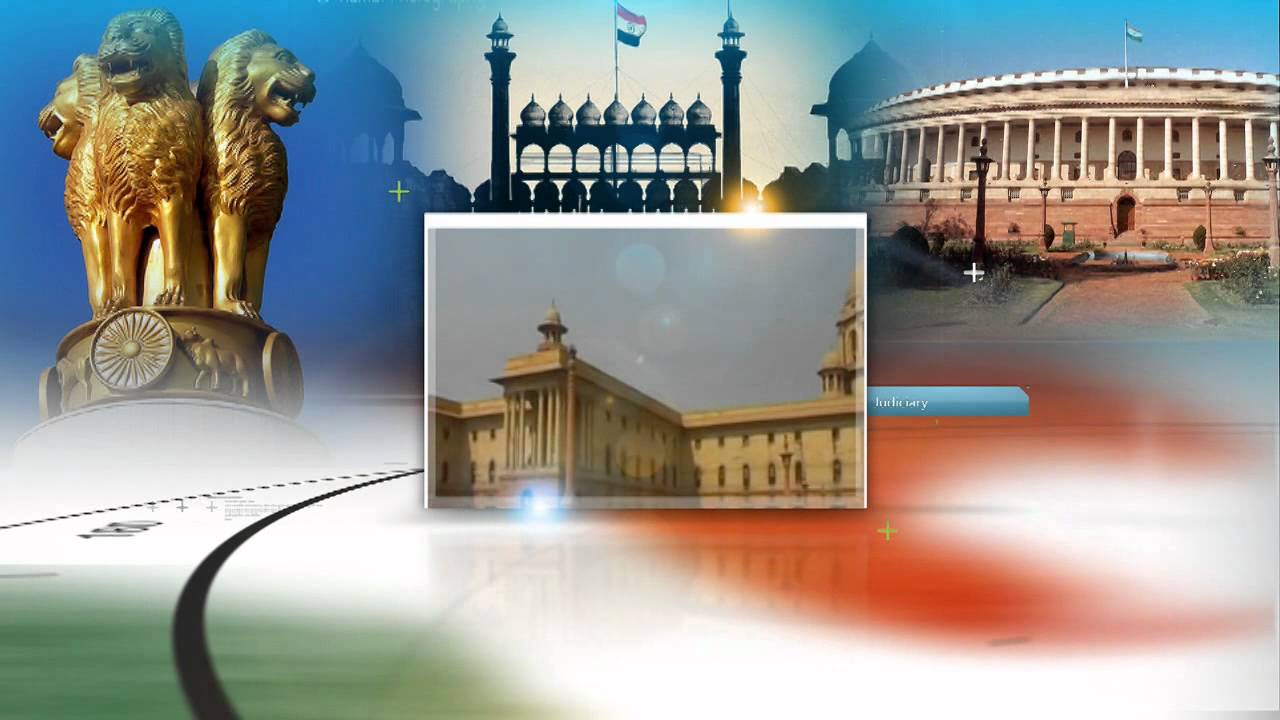Font size:
Print
India’s Efforts to Assist Nationals on Death Row Abroad
Context:
Recently, the Ministry of External Affairs (MEA) confirmed the execution of Shahzadi Khan, an Indian national sentenced to death in the UAE for the alleged murder of an infant.
More on News
- The confirmation came in response to a petition filed by her father, Shabbir Khan.
- Within a week, the MEA reported that two more Indian nationals, convicted in separate cases, had also been executed in the UAE.
Indians on Death Row Overseas
- According to data presented by the MEA in the Rajya Sabha on March 20, a total of 49 Indian nationals are currently on death row abroad.
- The highest number of Indians facing capital punishment is in the UAE, with 25 individuals awaiting execution, followed by 11 in Saudi Arabia.
India’s Response and Diplomatic Efforts
- Support by Indian Missions: The MEA emphasised that Indian missions abroad extend all possible support to citizens facing capital punishment in foreign jurisdictions.
- Stages: Explaining the ministry’s approach, Talmiz Ahmad, a former Indian Ambassador to Oman, the UAE, and Saudi Arabia, outlined the three key stages involved in such cases:
- Arrest and indictment by local authorities, a prolonged judicial process, and a final appeal for clemency to the ruler or head of state.
- Once the judicial process is completed and a death sentence is pronounced, the only available recourse is an appeal for a pardon.
- The embassy facilitates this by guiding family members in India on submitting petitions, which are then forwarded to the respective foreign offices for consideration by the ruling authorities.
- Blood Money: In many Gulf nations, death sentences can sometimes be commuted through the payment of blood money, a form of compensation paid to the victim’s family in lieu of capital punishment.
- However, such agreements require acceptance from both the victim’s family and the state, and in certain cases, the nature of the crime may prevent such a resolution.
Limitations of Embassy Intervention
- Death sentences are typically handed down for severe crimes such as murder, rape, and treason.
- In authoritarian countries with opaque judicial systems, such as Saudi Arabia, Indian embassies often receive limited information regarding arrests and trials.
- They are usually informed of the sentence only after its execution.
- The embassy’s role becomes further constrained when the accused has already confessed to the crime, as the circumstances surrounding the confession remain unclear.
- However, in countries with more transparent judicial processes, Indian embassies can appoint lawyers and, when necessary, utilise welfare funds to provide legal aid for those in need.
Past Cases of Successful Interventions
- The Indian government has successfully intervened in several cases to secure the release or commutation of sentences for its nationals.
- In February 2023, eight Indian Navy veterans who had been sentenced to death in Qatar were released following diplomatic negotiations and appeals at higher courts.
- Another notable case was that of Gurdip Singh, an Indian national arrested in Indonesia for drug trafficking in 2005.
- Despite his appeal being rejected at multiple levels, diplomatic efforts by the Indian government ultimately spared him from execution.


